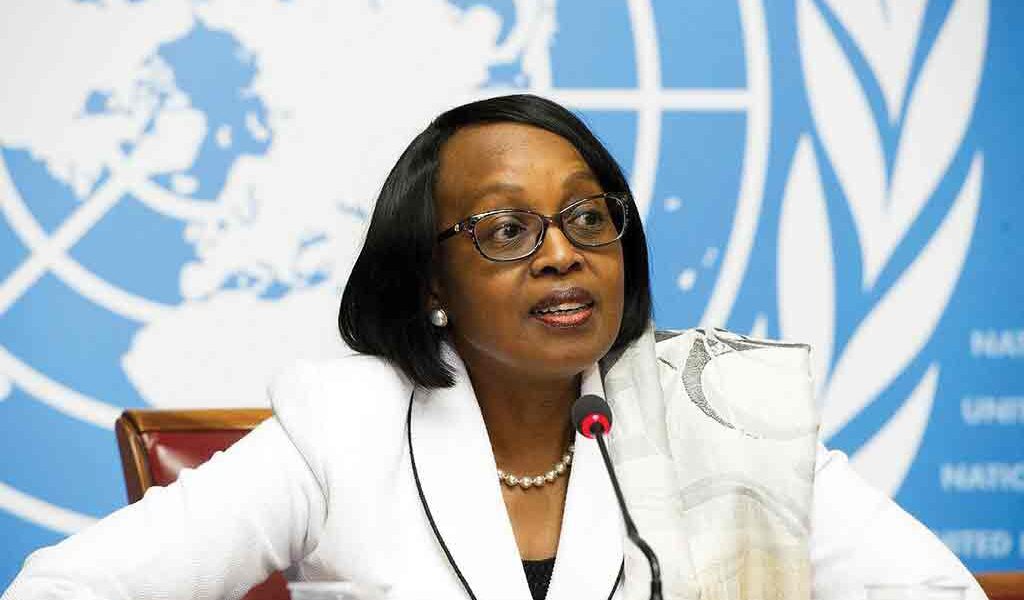- Why only target alcohol?
- Price and tax measures can reduce and end demand
TEFO PHEAGE
World Health Organisation (WHO) Regional Director for Africa Dr Matshidiso Moeti says while a lot has been done to curb alcohol abuse, not much has been done to reduce smoking.
Dr Moeti made this remark on the side-lines of the just-ended 17th World Conference on Tobacco or Health held in South Africa which was attended by many dignitaries including WHO Director General, Tedros Adhanom Ghebreyesus and US billionaire Michael Bloomberg.
“The conference was a success if you ask me but you come from Botswana, the question somebody may ask you is what Botswana has done and what are we doing to reduce and stop demand. You have seen for yourself how countries have moved forward in terms of progressive legislation and policies,” said the Botswana native.
“Botswana has done tremendously well with alcohol but for some unknown reasons nobody seems to be caring much about tobacco use. Something is said to be in the pipeline but is that enough, why are we taking so long? You need political will to achieve these goals,” she pointed out.
In 2015 the government announced a 10% increase on alcohol levy taking it to 55 percent. However, the levy has become a huge cash cow for government’s pet projects and had, as at June 2014, cumulative total of P1.441 billion.
Matshidiso says through hiking tobacco tax, the country will be killing two birds with one stone. “There are two types of excise taxes – specific and ad valorem. A specific excise tax is levied based on quantity while an ad valorem excise is levied based on value. The WHO is committed to helping governments design intelligent tobacco tax policy that best satisfies these dual goals of tobacco use reduction and revenue generation,” she said.
According to Dr Moeti, an additional benefit of greater revenues through tobacco taxes is the possibility of generating an additional pool of funding for health.
Government introduced the tobacco levy around 2013 with the objective of funding anti-tobacco initiatives and other related activities. At the time, the Ministry of Health explained that the development was in recognition of the contribution of tobacco as the main risk factor for a number of chronic diseases, including cancer, lung diseases and cardiovascular diseases.
Dr Matshidiso says the most effective approach to controlling the spread of tobacco use is through targeted policies. “There are many ways including advertising bans to public smoking prohibitions, but the most cost-effective way for governments is through elevation of tobacco prices by use of consumption taxes,” she said.
She concluded that evidence from countries shows that price increases on cigarettes are highly effective in reducing demand. “Higher prices induce cessation and prevent initiation of tobacco use as well as reduce relapse among those who have quit and reduce consumption among continuing users,” she stressed.
The Assistant Minister of Health and Wellness, Dikgang Makgalemele said the conference was very informative and said they are likely to make additions towards the tobacco control law which is currently before cabinet for finalization.
Meanwhile the Anti-Tobacco Network Executive Director, Dr Bontle Mbonngwe was awarded the The International Network of Women Against Tobacco (INWAT) Achievement Award for her courageous role in advancing the issues of women and smoking. Mbonngwe is also a recipient of the WHO Director General’s Award for her work in tobacco control and her role in negotiations of the Framework Convention on Tobacco Control (WHO FCTC).
She described the new award as a substantial boost to her work and dream of a tobacco free Botswana.

